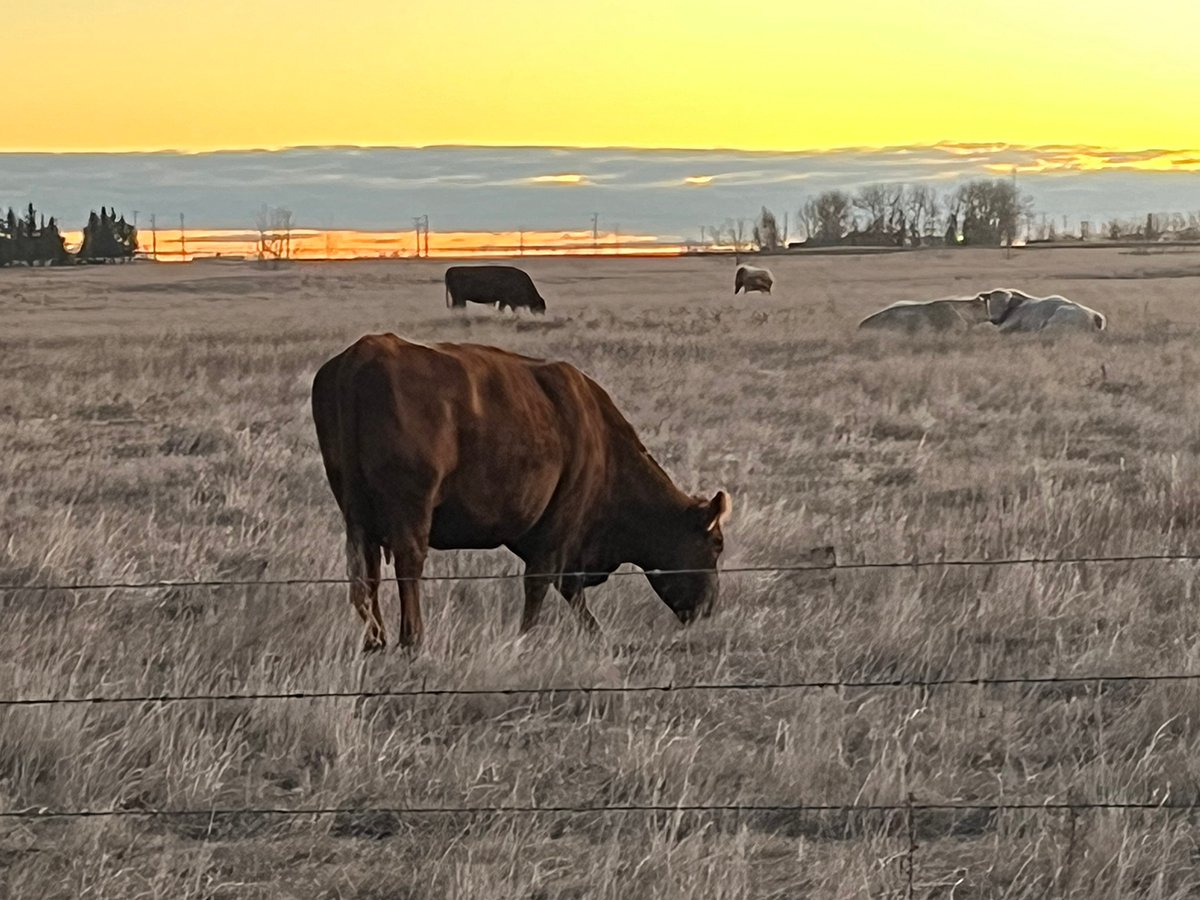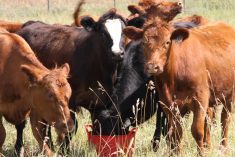A refundable cattle checkoff in Alberta could be a multimillion-dollar blow to groups responsible for national beef research and marketing programs.
“By January, we’ll have a sense of how much refund is being requested and that will be an indication of how much Alberta is able to contribute to marketing and research,” said Rob McNabb of the Canadian Cattlemen’s Association.
The CCA distributes funding to the Canada Beef Export Federation, the Beef Information Centre and the Beef Cattle Research Council.
Read Also

Animal protection delivery to change in Saskatchewan
The Saskatchewan government is looking for a new agency to handle animal welfare after Animal Protection Services of Saskatchewan decided not to renew its contract next year.
Since April, cattle producers have been able to ask for their checkoff to be refunded instead of automatically going to Alberta Beef Producers.
The Canadian Beef Cattle Research, Market Development and Promotion Agency has received $1 per head of that check-off money.
It may start to feel the pinch immediately if Alberta producers decide to keep the money or direct it to other organizations.
Alberta has previously contributed more than half the annual national check-off budget of $8 million.
“If they anticipate a 50 percent refund then that’s 25 percent taken out of the national check-off revenue stream, which is fairly significant. It’s a couple of million dollars,” McNabb said.
Quebec is in the final stages of joining the national program. When all provinces participate, Canada may collect a levy on all imported beef and live animals.
However, other groups argue producers need a greater say in how check-off money is handled.
“The producers themselves should have the ability to decide,” said Doug Price, president of the Alberta Cattle Feeders Association.
The feeders association plans to divide its check-off revenue three ways: 50 cents each for the provincial and national associations and the rest to build an industry business plan to promote selling more beef globally rather than relying on the United States.
“We are taking a hard look to make sure the money goes directly to the people who have the beef and are marketing the beef,” he said.
Organizations such as CBEF help arrange sales between buyers and sellers but do not own beef.
“Somehow we have got to get the guys with the beef more incentive to do more outside the North American market,” Price said.
However, BIC chair Judy Nelson said the money it received was spent to benefit all producers. A recent study commissioned by the check-off agency said significant benefits have come from a national funding strategy that Alberta initiated.
The change in how checkoffs are collected will mean budgeting uncertainty for BIC and CBEF.
“We are certainly looking at changes in our budgeting and not being able to guarantee what will be coming out of Alberta,” Nelson said.
Cattle sales are down across the country so less money is collected, she added.
To get more bang for producer bucks, BIC and CBEF may merge so they can move more quickly into new markets and avoid duplication of services.
“That is still a concept, not a fact,” Nelson said.
A study that was initiated by the national check-off agency and led by John Cranfield of the University of Guelph found that the national beef levy has had a payoff of $9 to $1 since it began in 2002. Money is matched from other funding groups.















